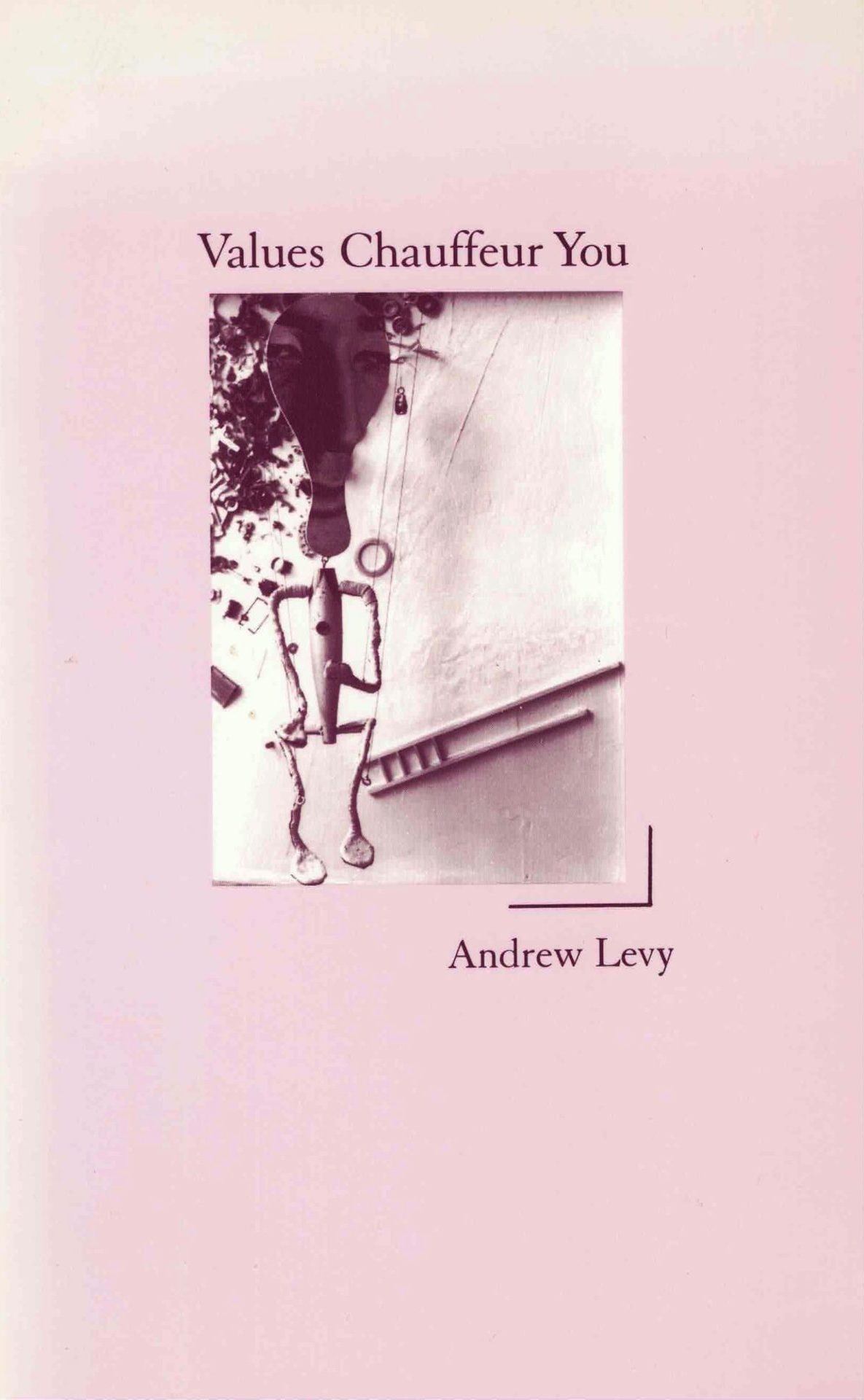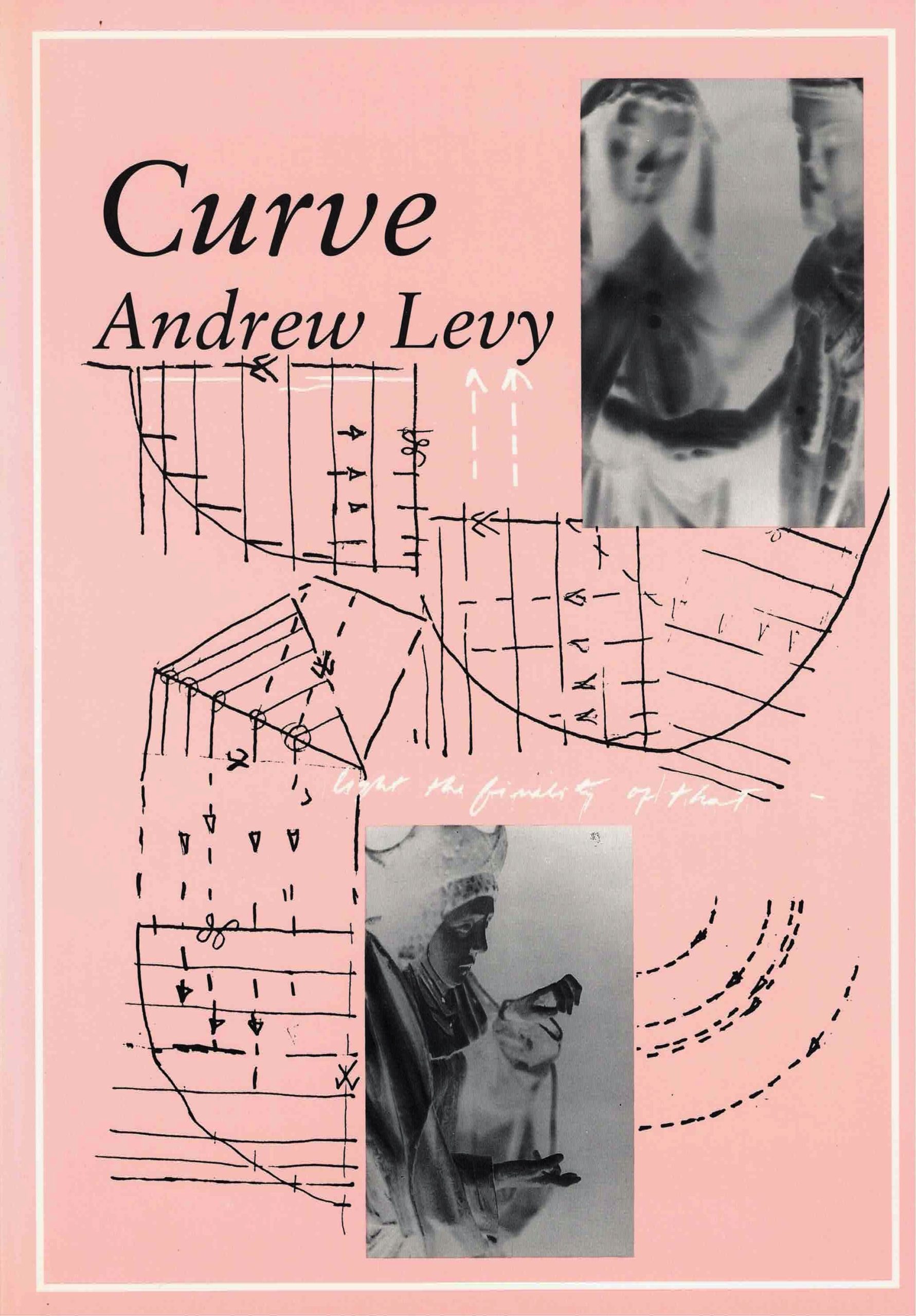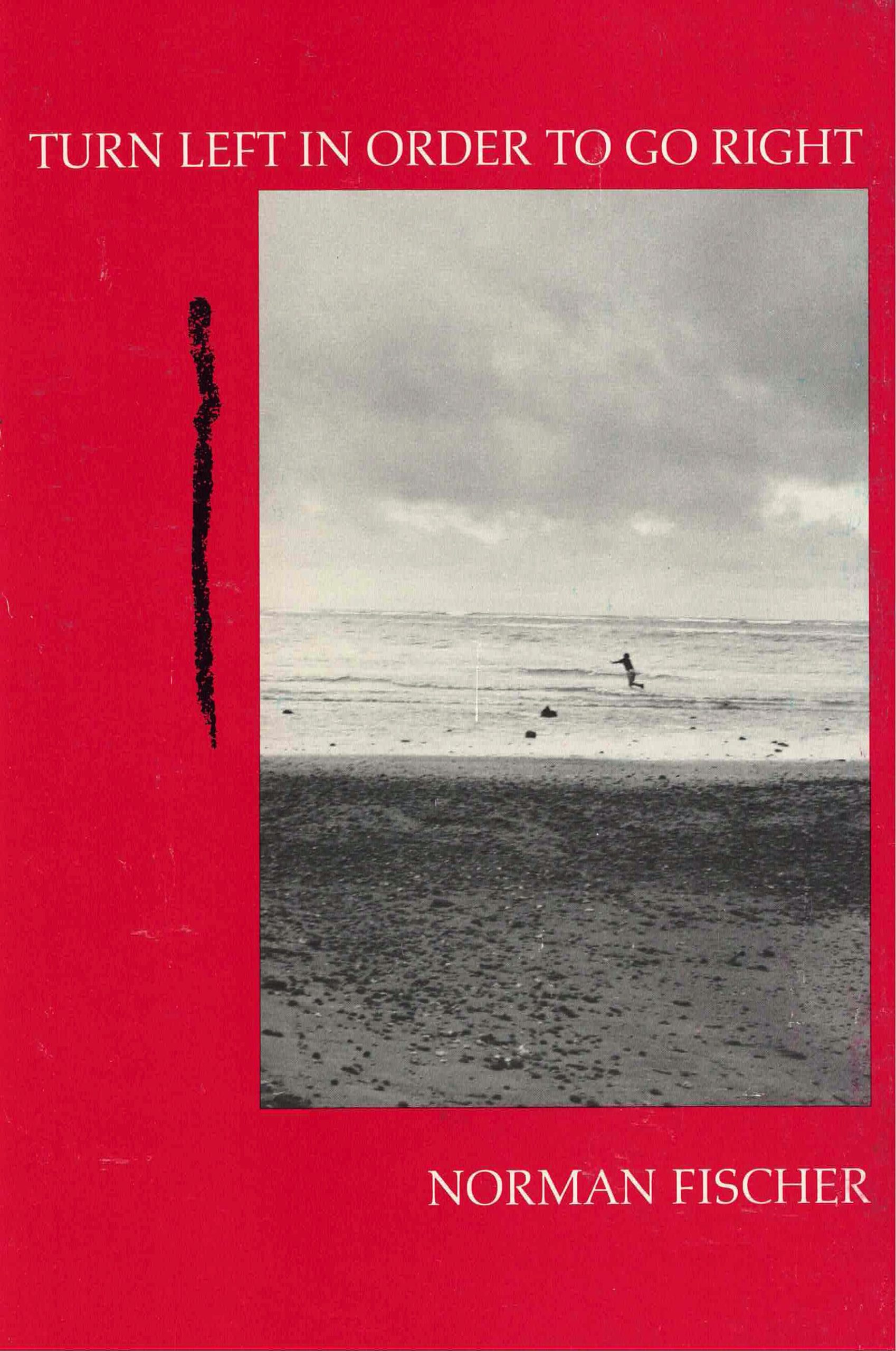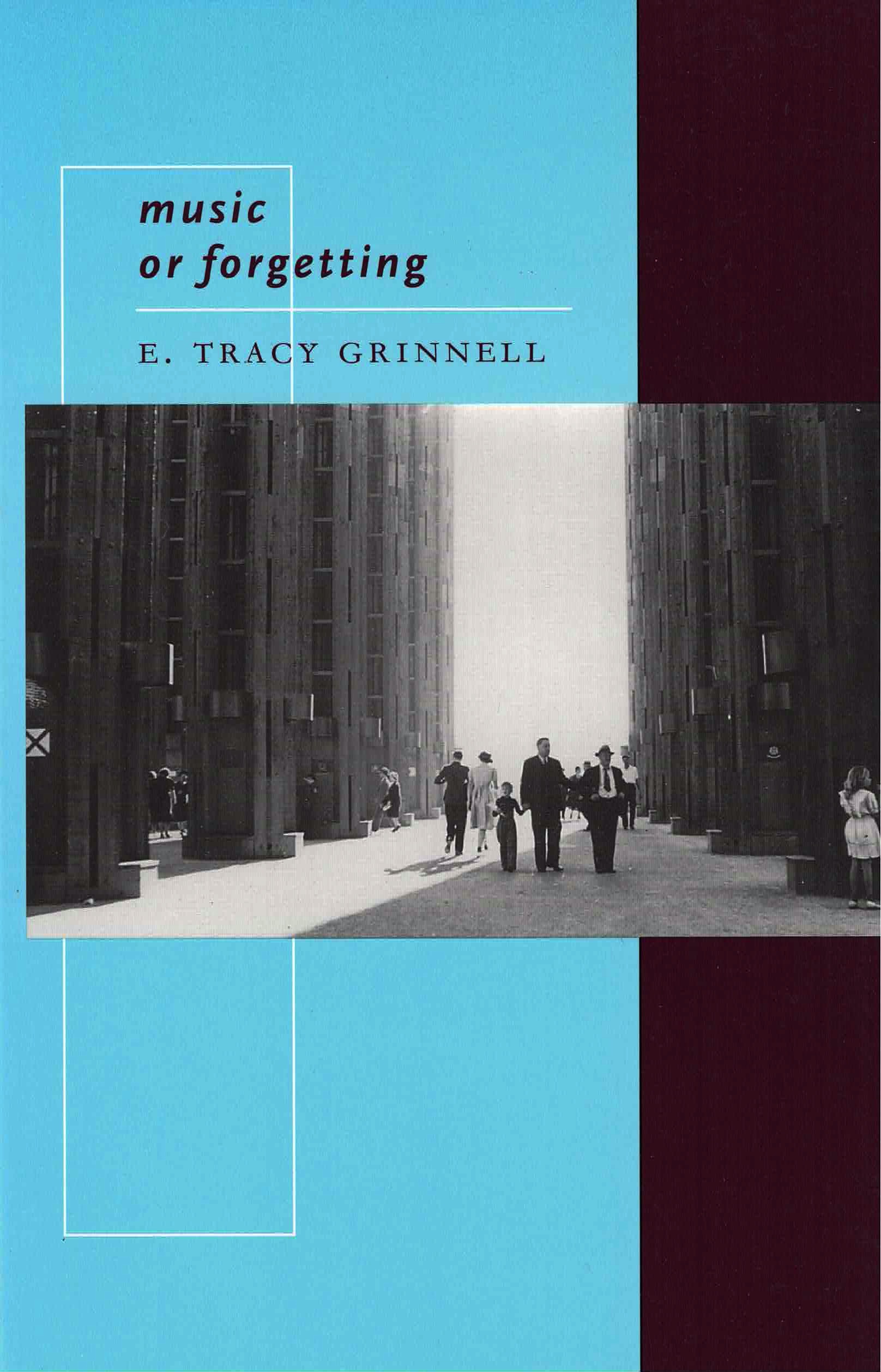About Values Chauffeur You, William Fuller has written: “From the incandescently estranging pastoral of from Indiana to the restlessly pivoting intimacies of Rumi Improvisations and Speech Farm, Andrew Levy’s texts activate our agilities as readers of the ongoing struggle to write with “the shadow of [the] head falling over the page. This kaleidoscopic work is buoyed by the “complex indrafts” of an impassioned reflexivity which takes us straight into the momentum of language as it evanesces.”
Andrew Levy
Praise for Values Chauffeur You
Ongoing understanding, understated, inconclusive, inexclusive, tending with a list (an intent gestured leaning drift) to define provisionally, in transit: a just, assessing self-consciousness one of us could situate somewhere halfway between one self and any other respondent, thinking through a politics immediately, intimately discursive, heart-felt and -willed. Not the end, not anything after… valuing evolution, post-bop children reading rainwater: ideal address rubbed against the matter of fact.
— Steve Benson
Like the Flarf Collective and others, Levy uses Internet crawls to gather content. Yet in Levy’s work we are never exhausted by an ironic disavowal of an elusive scene of political and social possibilities infecting the multitude through social media. To great effect, Levy channels the mad affects pervasive in our current media environments, transmuting them through an alchemy of cut and paste and “original” writing. Disparate affects enter center stage—like actors before there was a subject.
— Thom Donovan, introduction to Andrew Levy at St. Mark’s Poetry Project





It seems there’s been a return, so to speak, of the socialist/civic cultural worker/poet whose work is projective, polemical, and appropriative. Without knowing the password to the world that is coming, arrayed and not arrayed, intending to write pertains to the comprehension of this place, to existing informational attestations we’re in now. That artifice helps us see such attestations, and ourselves, in a state of struggle is preferable, I believe, to feeling anything comfortable. The “calm,” a beneficial side effect, perhaps, of our artifice, might temporarily soothe the “damages” that, as you say, are everywhere we look. But it can also bring those damages into agonizing clarity, becoming something other than a balm for pain, the destructive effects of which produce a “snowballing” of ever-growing disharmony and conflict which tends to destroy the mind.
— Andrew Levy, conversation with Norman Fischer at Jacket2